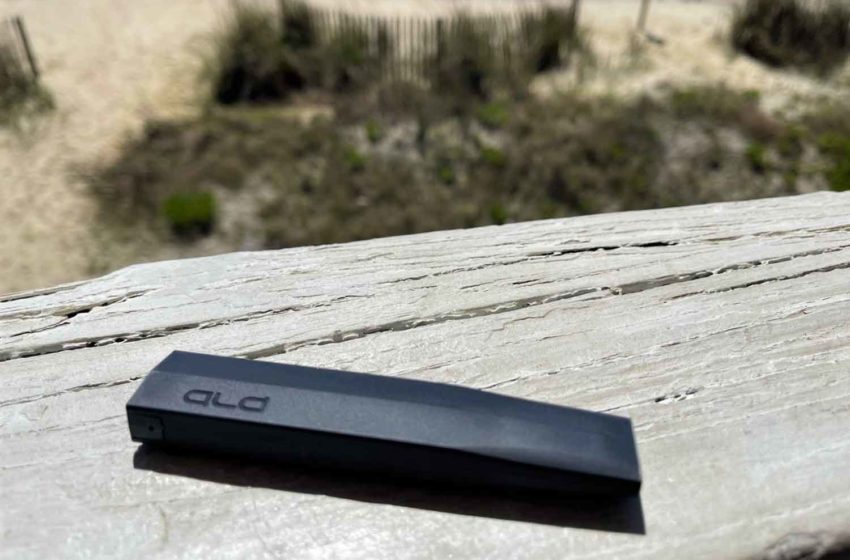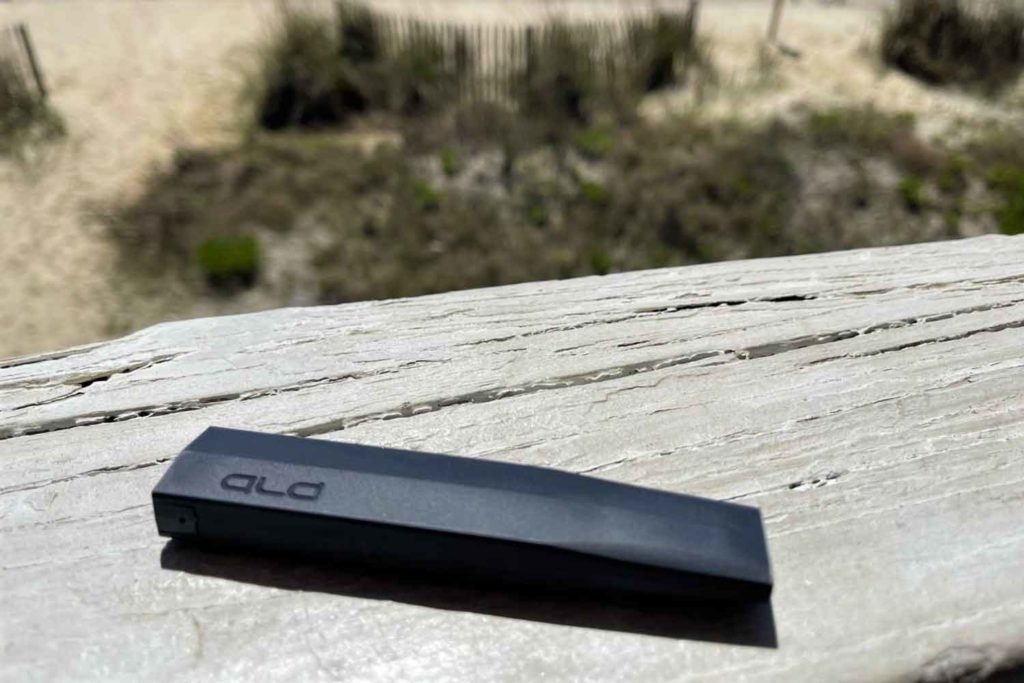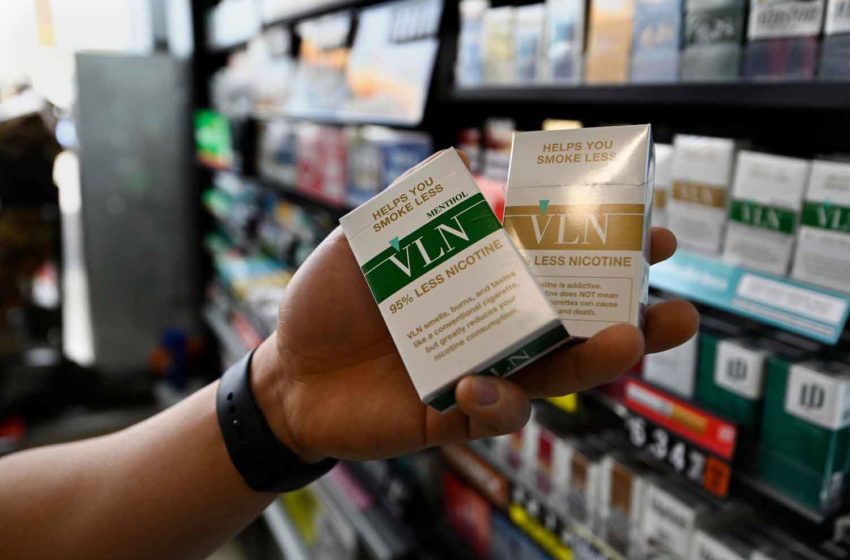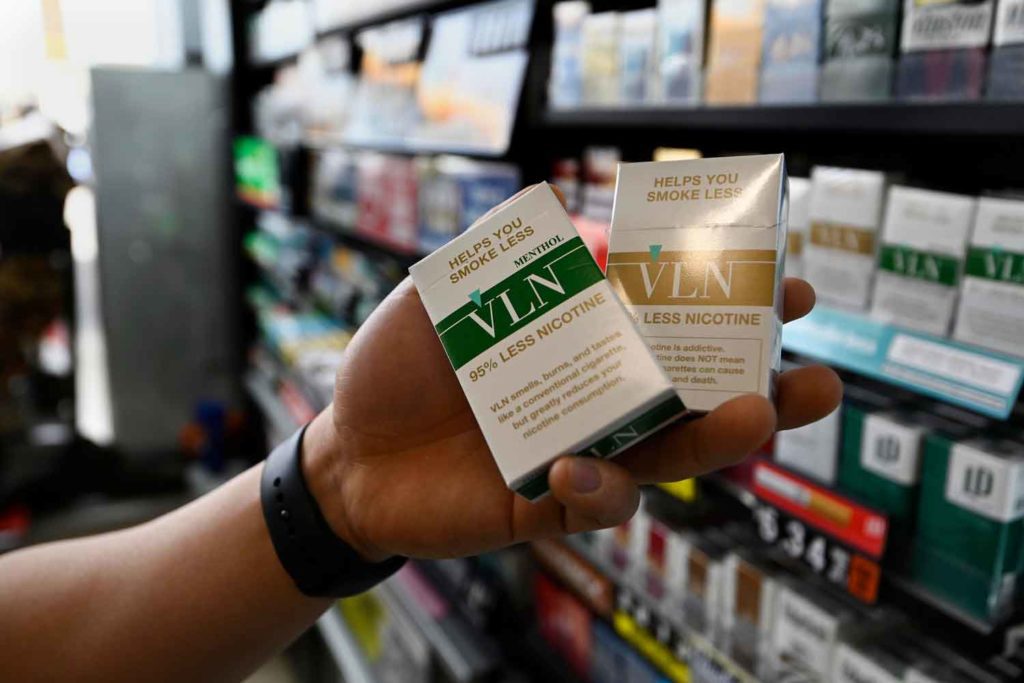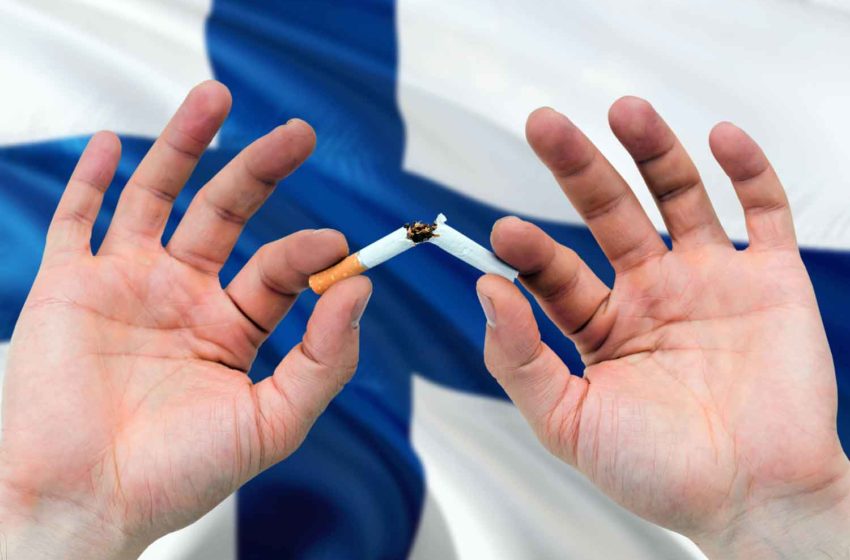
The parties to the U.S. government’s long-running racketeering lawsuit against the major tobacco companies have reached an agreement in principle that will require the companies to place “corrective statements” about the health risks of smoking and secondhand smoke in retail outlets that sell cigarettes, according to the Campaign for Tobacco-Free Kids.
Once this agreement is finalized and approved by the court, it will require the tobacco companies to display court-ordered statements detailing the adverse health impacts of smoking near cigarette displays in hundreds of thousands of retail outlets across the country.
On May 4, the parties to the case—the U.S. Department of Justice, the tobacco companies and our six public health groups—filed a joint motion with the U.S. District Court for the District of Columbia that briefly describes the terms of the agreement, which will soon be put in final form and submitted to the court for review and approval.
This agreement will resolve the biggest remaining legal issue in the longstanding tobacco racketeering lawsuit and fully implement the corrective statements U.S. District Judge Gladys Kessler ordered in 2006 when she issued her landmark judgment against the major tobacco companies.
Judge Kessler found that the tobacco companies had violated civil racketeering laws (RICO) and engaged in a decades-long conspiracy to deceive the American public about the health effects of smoking and their marketing to children. To prevent and restrain future RICO violations, Judge Kessler ordered the tobacco companies to publish corrective statements that tell the American public the truth about the adverse health effects of smoking and secondhand smoke.
The corrective statements have previously been published through newspaper and television advertisements and cigarette pack inserts, and they continue to appear on tobacco company websites. However, the tobacco companies and various trade associations representing cigarette retailers have challenged Judge Kessler’s requirement that the corrective statements also be displayed at retail points-of-sale, such as convenience stores and tobacco outlets. The proposed agreement would resolve that issue.
Public health groups welcomed the agreement. “We are pleased to see this important next step taken to ensure that the tobacco industry carries out the court’s order to issue corrective statements after being found guilty of deceiving the American people more than two decades ago,” said Karen E. Knudsen, CEO of the American Cancer Society and the American Cancer Society Cancer Action Network, in a statement.






